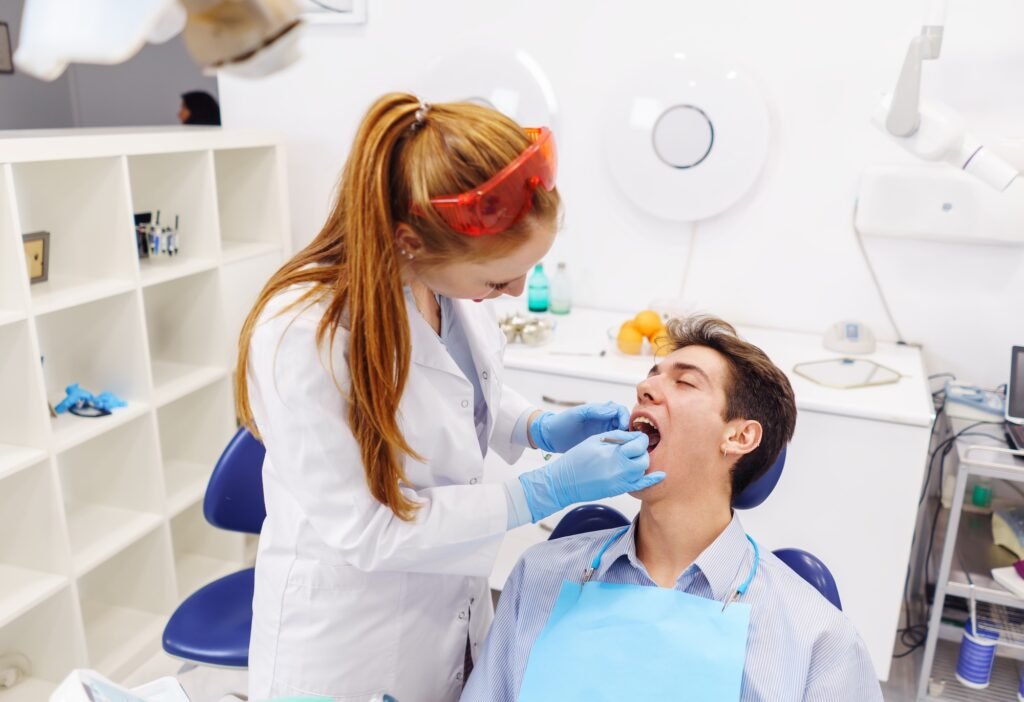- Monday - Saturday: 11 am - 2 pm & 6 pm to 8 pm
Dentures, Crowns and Bridges
Dentures, Crowns and Bridges
Dentures are removable replacements for teeth and surrounding tissues. Two types of dentures can be fabricated – complete (when all teeth are missing) and partial (when some natural teeth are present in the mouth).
Crowns and Bridges are an ideal course of treatment for a fractured tooth, covering a discolored tooth or an implant.
At Rathi Hospital, Dr. Anubha Rathi help you make the right decision for your dentures, crowns and bridges keeping in mind facial aesthetics, cost, function, and nature of disease.
What are Dental Crowns and how are they different from Dental Bridges?
A Dental Crown, also known as a ‘cap’, is often used to restore shape, appearance and function to a damaged tooth. A Crown is a hollow and artificial tooth that is used to cover damaged or decayed teeth and prevents further damage. It is possible that you might need a Dental Crown after undergoing a root canal treatment or a large filling as well.
A Dental Bridge is a form of dental restoration that is used to replace missing teeth. The Bridge is held in place by a crown on each end and is necessary to prevent the other teeth from shifting. Shifting teeth causes your natural bite to be distorted, leads to gum disease.
What is the procedure for getting a crown or bridge?
The procedure normally takes two separate visits. The first visit consists of tooth examination by your dentist to make sure it can support a dental crown. The dentist files down the tooth to prepare for the crown. After your tooth has been formed to support a dental crown, impressions of the tooth will be taken and those surrounding it for the lab.
The second visit is to have the permanent crown fixed. The permanent crown is affixed to the tooth with a special adhesive. The crown feels foreign immediately after your procedure, but before long it will feel and functions just like a natural tooth.
After the procedure there is slight sensitivity, especially to cold, for a few days. One should avoid extremely hot or cold foods and beverages for the first few days. Also, you may have some discomfort in the gums and around the tooth. If your gums are tender, rinse with warm water with salt to help with the discomfort.
One should maintain good oral hygiene by brushing twice a day with fluoride toothpaste, flossing, and visiting your dentist for a cleaning and exam twice per year to increase the life span of a crown/bridge.



Contact Us
For More Information
- Rathi Hospital E-109, Shastri Nagar 342003 Jodhpur City, Rajasthan, India
- dranubha.rathi@gmail.com
- +91 8147305750
Become The Next Our Happy Client
We are well equipped with modern equipment & latest technologies to ensure painless orthodontic treatment.




